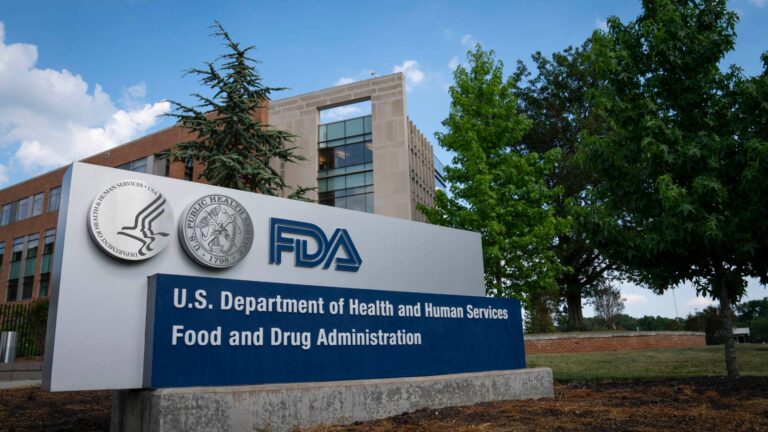June 1, 2020 – Although the pharmaceutical industry’s reputation has taken a hit in recent years over drug-pricing concerns, the results of recent Harris Polls show that the industry’s role in helping to combat COVID-19 may be helping to rehabilitate its image. According to Harris Polls conducted between March 14 and May 17, 33 percent to 40 percent of survey respondents reported that they had a more positive view of the pharma industry since the start of the COVID-19 pandemic.
“The speed, agility, and scale at which biopharma is moving to develop therapies and vaccines for COVID-19 is unprecedented,” noted Coalition for Healthcare Communication Executive Director Jon Bigelow. “While the purpose and importance of this full-court press is the need to address the pandemic, a happy side benefit is in beginning to reframe the discussion about the value of pharma research, commercialization, and communication,” he said.
Reasons provided in support of respondents’ higher opinions included the industry’s overall COVID-19 response, as well as its efforts to develop a vaccine, develop treatments and create diagnostic tests for the virus. The Harris Poll results also show that from the end of April until mid-May, between 57 percent to 61 percent of respondents believed that the pharma industry has had a “good” response to the pandemic, with only 16 percent to 19 percent of those surveyed giving pharma a “poor” grade for its response.
In the most recent Harris Poll, respondents were asked about where they get their information about pharma companies. Of the 81 percent of respondents who stated they had been exposed to information about pharma’s COVID-19 efforts, about half cited news outlets as their source and the other half cited television, social media or online advertising as their source. The June 1 issue of Klick Wire states that “this story really reinforces the power of advertising during COVID-19 with so many eyeballs online.”
Although these survey results are promising, they only tell part of the story, according to Bigelow. “We also need to recognize that this is only a beginning in changing deeply-held opinions; for example, as recently as February, the cost of prescription drugs consistently ranked at the top of voter concerns,” he said. “It will take time and a variety of positive actions and messages to communicate a more balanced perspective.”




